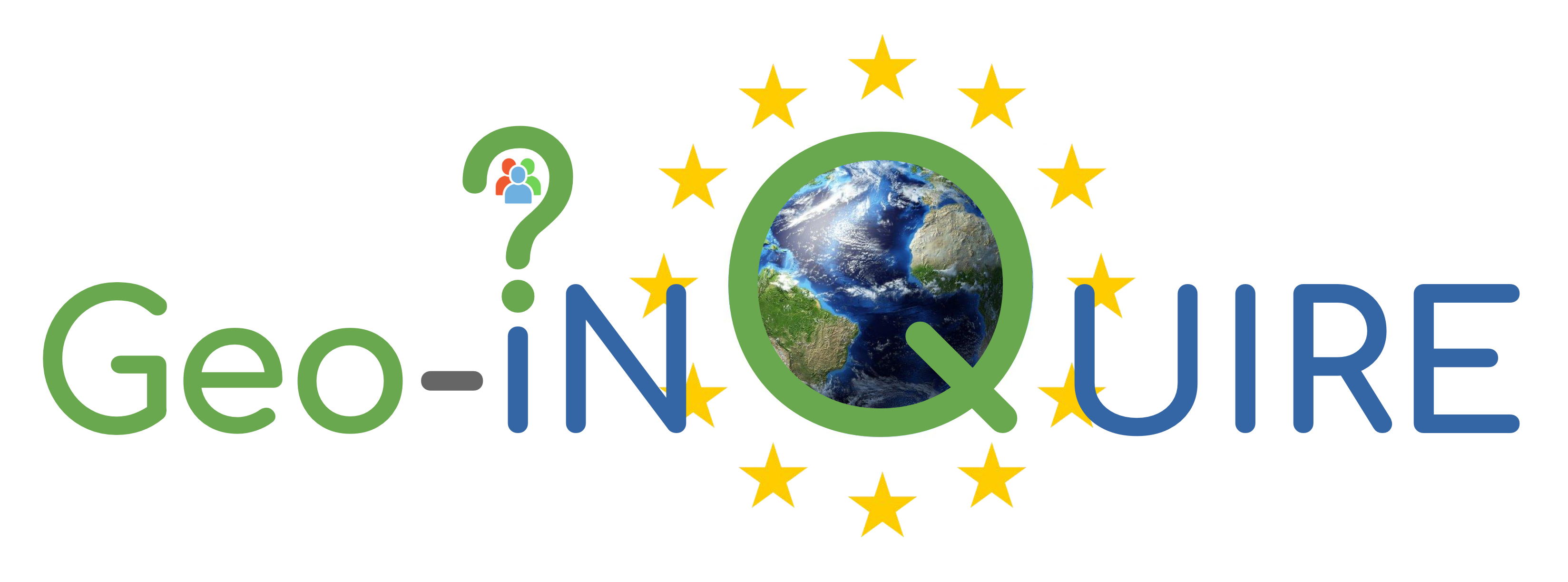
Ella-Link GeoLab Madeira testbed
Host institution:
GFZ Helmholtz Centre for Geosciences (GFZ), Germany
Regional Agency for the Development of Research, Technology and Innovation (ARDITI), Oceanic Observatory of Madeira
Description:
The GeoLab (https://ella.link/geolab/) is an infrastructure consisting of a spare fiber pair built into the Funchal branch of the Ella-Link submarine telecommunications cable, which stretches out for 57 km, south-east from the coast of Madeira, Portugal, into the Atlantic Ocean starting at the Praia Formosa CLS. The GeoLab facility is a joint effort of EllaLink, EMACOM, FCCN, GÉANT and ARDITI, providing an OptoDAS interrogator and enabling continuous Distributed Acousting Sensing of the cable . The goal of the infrastructure is to provide researchers with a facility able to host optical instruments to make recordings of strain and temperature from the dark fiber in the Atlantic. Optical equipment connected to the cable allows to measure fiber deformation of the submarine cable, with applications for seismology (earthquake detection and characterization, structure of the Earth interior), oceanography (seabed/solid earth interaction, oceanic currents, proxy to temperature at the sea floor), marine mammals monitoring, anthropogenic noise, and possibly proxies to other geophysical observables.
Services currently offered by the infrastructure:
he GeoLab facility will offer the possibility to sense the fiber with an OptoDAS interrogator provided by ARDITI. GeoLab can provide users with a unique opportunity to analyze fiber deformation at the seafloor in oceanic environment, to improve knowledge on multi-risks in open ocean environment. Data collected within single Transnational Access (TA) activities will be down-sampled and integrated into the EIDA VA offer of the project according to the developed policies in WP2. Through the present TA activities, applicants can also obtain access to unprecedented near-source T-wave observations recorded in October 2023 at this facility with the same instrument of a M2.7 earthquake less than 40 km away from the cable. Data can be made accessible via the EIDA VA installations upon permisssion of the data owner (ARDITI) and successful evaluation of the proposed TA activities (http://doi.org/10.14470/8K802502).
Modality of access:
The planned unit access for the facility is “1 week”, with typical physical/remote access durations being between 4 and 8 weeks, enabling the user to collect data from the instruments. The total amount of access planned and supported during the project is 16 weeks. A minimum of 4 weeks for access is recommended, proposals requesting longer time windows, up to a maximum of 16 weeks can also be submitted explaining the importance of the longer time window.
Support:
The actual TA installation will offer consultancy to the user to prepare and setup the proper acquistion parameters based on the actual target of the experiment. ARDITI will setup the already installad OptoDAS at the site according to the mutually agreed configuration for the duration of the experiment. GFZ provides support for metadata preparation, data acquisiton, decimation, long term preservation of decimated data and access including the provision of a docker container with direct access to the dataset (decimated to mseed and in full resolution HDF5 only for the duration of the experiment). Internet connectivity is provided via the FCCN and GÉANT research and education networks to INESTEC and IPMA. GFZ in collaboration with ARDITI may provide users with training on basic data access and processing. Decimated/filtered data can be embargoed up to the Geo-INQUIRE project end 30.09.2026 and when released distributed via the GFZ EIDA node with CC-BY license. Ownership will remain with the PI of the experiment and ARDITI.
Contact person:
Afonso Loureiro (maloureirociencias.ulisboa.pt)
